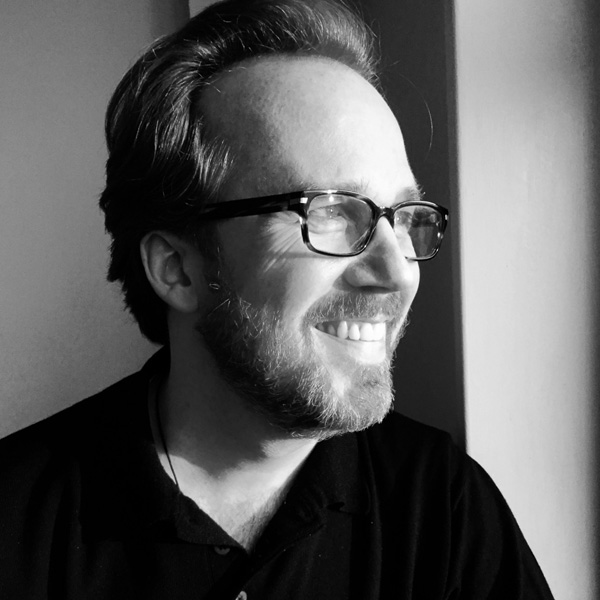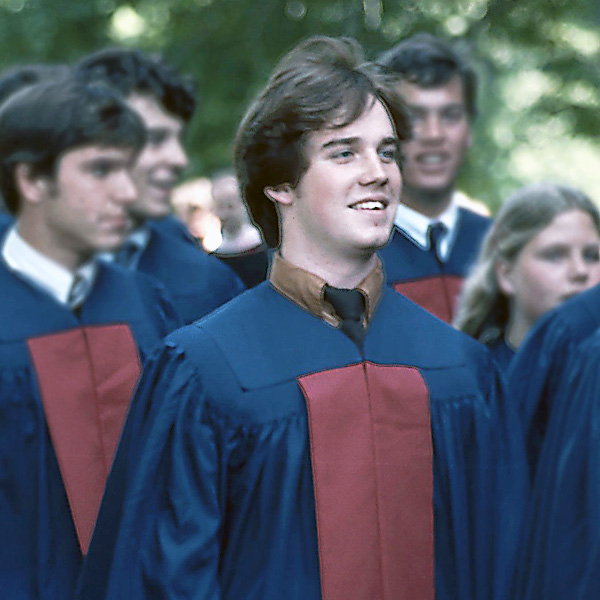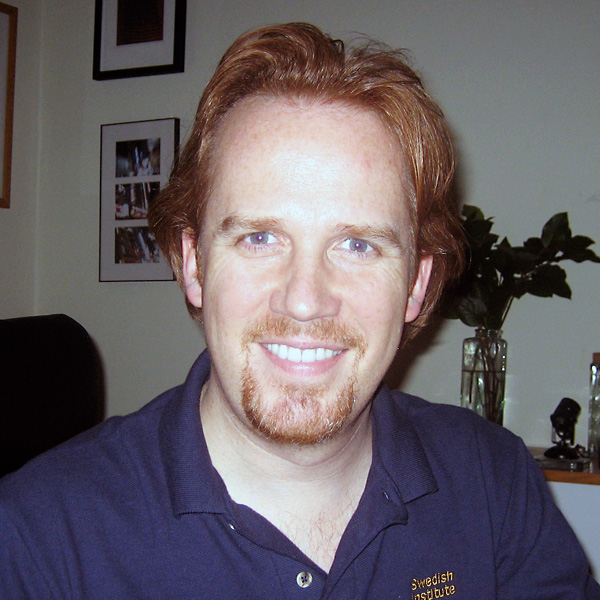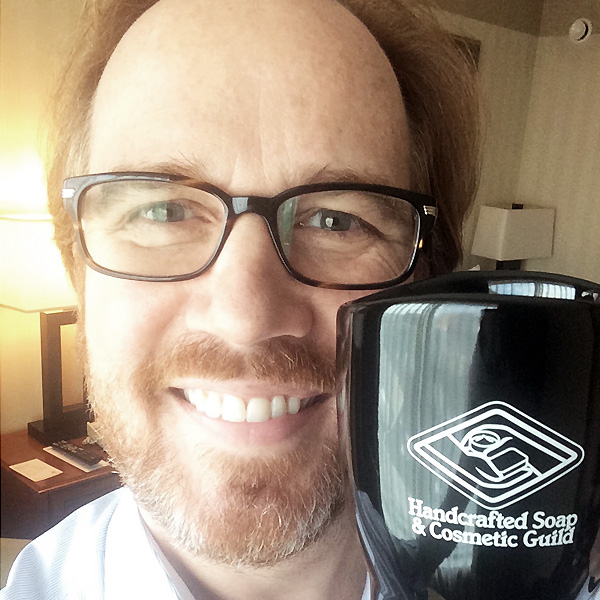
“To accept is easy; to continue is difficult," Buddhism teaches.

My wellness journey began in high school, where I started slathering petroleum-based lotion all over my face. “Moisturize!” was my mantra. I also started running because it felt good. After a run my teenage pain would melt away. I was healthy.
Or so I thought.

I encountered Buddhism after having moved to New York, still moisturizing and running but not truly happy. Chanting morning and evening, and studying with my fellow Buddhists, I learned the concepts of the oneness of body and mind and the idea of 3,000 realms in a single moment of life (i.e. anything is possible!), and my inner world began to heal and strengthen. WIth growing confidence I decided to learn more about bodily health and enrolled at the Swedish Institute for massage therapy. I quickly learned how amazing the body is and how, when given the right support, it has a tendency to balance and heal itself.

With newfound knowledge, I made changes to my environment, removing toxic home and skin care products and replacing them with simple, easy to find, natural alternatives. I discovered the natural power of essential oils while studying at Aromahead Institute, and I began feeling a difference in my overall health right away as I began to use them. Strengthening and harmonizing my body and mind, I found myself more deeply happy.
There is another Buddhist concept: “The oneness of self and environment.” All living beings and the environment in which we live are inextricably interconnected. I cannot be happy unless you are happy. There is no justice for me unless there is justice for you. The next leg of my wellness journey — and probably the most challenging — is a focus on the wellbeing of all. It all comes down to my actions at this point. The 13th-century Buddhism monk, Nichiren, wrote, "The purpose of the appearance in this world of Shakyamuni Buddha, the lord of teachings, lies in his behavior as a human being.” We manifest our inner health (our “Buddhahood”), both physically and mentally, through our actions in society.
So now, having accepted my mission to advocate for the wellness of others, and with our world at a tipping point, my “difficult” work on the path to wellness truly begins.

